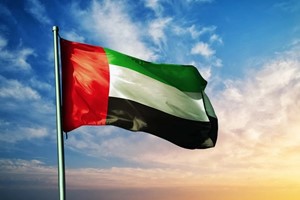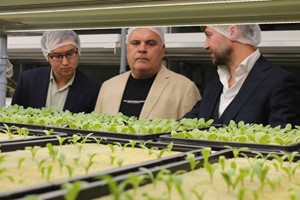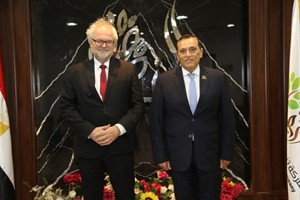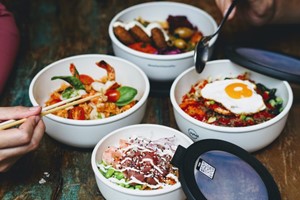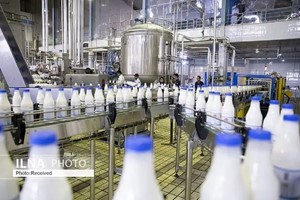The UAE and Estonia have taken a significant step toward advancing innovation and sustainability in the food industry through a strategic partnership. The Estonian Food Technology and Fermentation Center (TFTAK) has partnered with local Emirati food companies to develop innovative, sustainable food solutions. Central to this collaboration is the adoption of circular economy principles, aimed at achieving zero waste and fostering sustainability. This partnership underscores both nations' commitment to digitizing the food sector and expanding trade in organic and health-focused products.
Recent market reports highlight the UAE as one of the largest food markets in the Gulf, with food and beverage trade between the UAE and Estonia reaching approximately €150 million in 2022. The Emirati market is also witnessing a surge in demand for organic products, with 35% of consumers expressing a preference for healthier options. Projections indicate that the UAE's organic food market will grow at a compound annual growth rate (CAGR) of 9.8% through 2027, reflecting an increasing shift toward health-conscious and plant-based diets.
Estonia, a leader in organic farming, dedicates 23% of its land to organic agriculture, positioning itself among Europe’s top players in this field. The country’s adherence to stringent environmental standards—such as compliance with World Health Organization air quality benchmarks—further bolsters its reputation. Additionally, Estonia’s natural reserves account for 28% of its land, with forests covering over half of its territory, adding to its credentials in sustainability.
The UAE, with its robust food and beverage trade valued at $18.5 billion in 2022, presents a fertile market for expanding sustainable food initiatives. This partnership is poised to capitalize on these opportunities, leveraging Estonia's expertise and the UAE's market potential.
As part of the collaboration, Estonian brand Yook has introduced organic oat drinks, which have recorded a 13.4% annual growth in sales, reflecting growing consumer demand for healthier alternatives. Moreover, TFTAK is developing fiber-rich juices utilizing apple pomace, aligning with the circular economy framework and demonstrating Estonia's dedication to reducing waste.
The partnership extends beyond product development to include the creation of digital platforms for tracking food products from farm to table. By integrating data analytics, these platforms aim to enhance production efficiency and better align with market needs and consumer preferences.
This initiative not only reduces waste but also fosters stronger collaboration between Emirati and Estonian food companies. The partnership is set to unlock new trade opportunities and diversify the range of healthy and sustainable food products available in the UAE, further strengthening the food sector’s resilience and innovation.
By foodHQ Staff









